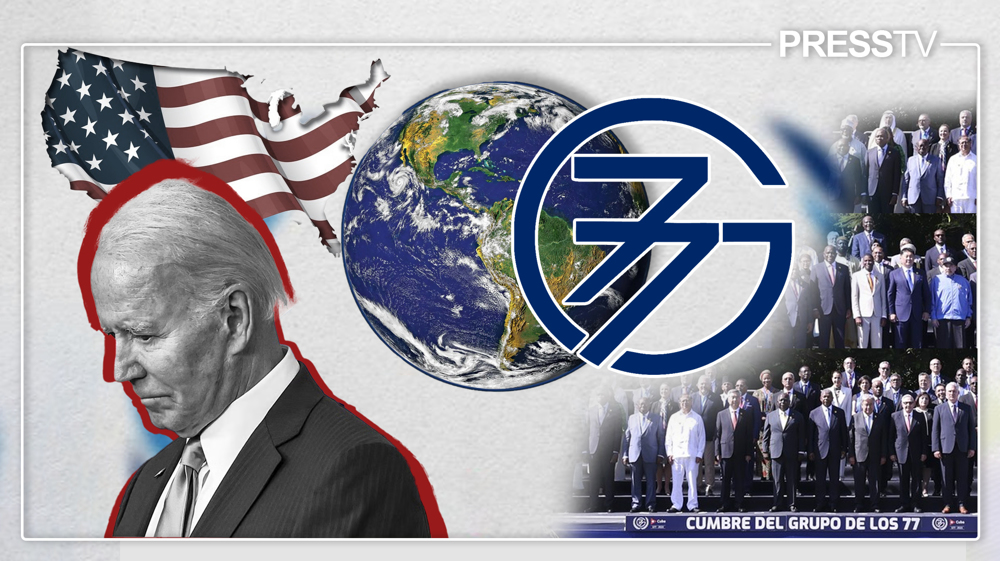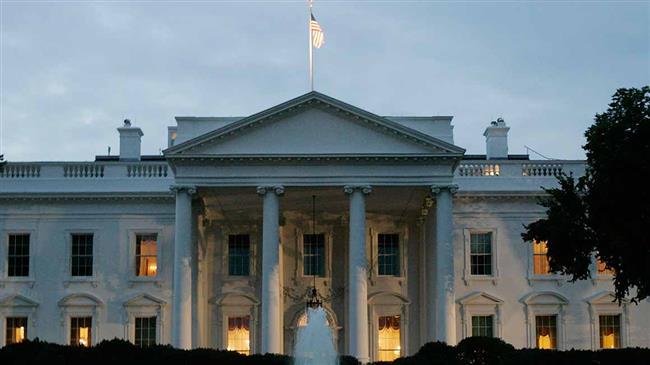Explainer: How is G77 shaping multilateralism, new financial order?
By Ivan Kesic
On September 22, senior officials of the Group of 77 and China met in New York at the annual meeting of foreign ministers, where they reviewed the recently adopted Havana Declaration.
G77 was established in 1964 by 77 developing countries from the Global South, and over the years it evolved to become a 134-member organization representing 80 percent of the world’s population.
Although the members of the G77 have increased to 134 countries, the original name was retained due to its historic significance, according to the bloc's website.
Today, the group is known as the G77+China, as the official website lists China as one of its 134 members, although it is not a full member. China’s inclusion has added more strength to the group.
What are the issues facing Global South?
At the end of August, Nadieska Navarro Barro, Cuban ambassador to the United Nations, issued a statement on behalf of the G77 and China that outlined issues faced by countries of the Global South.
Speaking at the second regular session of the Executive Board of the United Nations Development Programme (UNDP) segment, Barro pointed out that the G77 countries suffer from financing constraints and a lack of availability of sufficient resources.
These are the "results of serious shortcomings in the delivery of the commitments made by developed countries in many areas, including in the long-standing goal of 0.7 percent of their Gross Domestic Product (GDP) as Official Development Assistance," she asserted.
As an example of this, Barro cited the COVID-19 pandemic that deflected the attention of governments away from long-term sustainability objectives, which reduced core contributions to UNDP and the UN Development System as a whole.
She cited a profound rethinking of financial instruments, practices, metrics and tools in use, including major governance changes at the World Bank and the International Monetary Fund as solutions to achieving the Sustainable Development Goals (SDGs).
The Cuban envoy also noted that in the Global South, 675 million people live without electricity and 2.3 billion rely on harmful cooking fuels, therefore technological progress and digitization do not touch them like people in developed countries.
She cited the transfer of technology as a crucial solution to these problems facing Global South, announcing a summit in Havana on science, technology and innovation held in mid-September.
What is the Havana Declaration?
After the "Summit on Current Development Challenges: The Role of Science, Technology and Innovation" held on September 15 and 16 in Cuba's capital city of Havana, the members of the G77 and China adopted the joint Havana Declaration.
The two key messages of the declaration are criticism of the existing unjust economic order on a global level, and a call for strengthening cooperation in the fields of science, technology and innovation.
"We stress the urgent need for a comprehensive reform of the international financial architecture and a more inclusive and coordinated approach to global financial governance, with greater emphasis on cooperation among countries," noted point six of the declaration.
The same paragraph calls for "increasing the representation of developing countries in the global decision and policy-making bodies which will contribute to enhancing the capacities of developing countries to access and develop science, technology and innovation."
The declaration rejects "the imposition of laws and regulations with extraterritorial impact and all other forms of coercive economic measures, including unilateral sanctions against developing countries, and reiterates the urgent need to eliminate them immediately."
The text further criticizes monopolies and other unfair practices that hinder the technological development of developing countries and calls to foster an open, fair, inclusive and non-discriminatory environment for scientific and technological development.
Science, technology and innovation have been identified as levers for transformation to accelerate progress in achieving the 2030 Agenda for Sustainable Development Goals.
While emphasizing the will for North-South cooperation, the necessity for South-South cooperation is also emphasized, in other words between the G77 members themselves, which includes Iran.
How is G7 changing global dynamics?
On the sidelines of the UN General Assembly in New York on Friday, UN General Assembly President Dennis Francis commended the Group of 77 and China for supporting multilateralism.
"At a time when multilateralism is being tested at every turn, the countries of the G77 and China continue to be resolute in their support of the multilateral system," he told the ministerial gathering.
"And we have seen evidence of that this week, with record engagement by (UN) member states, particularly from this group, and the approval of four significant political declarations.”
Francis said the international financial architecture needs to be reformed.
"As a matter of principle, we can no longer tolerate the unjust financial systems that are impairing progress and keeping developing countries trapped in a vicious cycle of debt and deprivation," he said.
His remarks came a week after UN Secretary-General António Guterres urged G77 leaders and China to “fight for a world that works for all” in his address to the G77 summit in Havana.
“I count on your group, who have long been champions of multilateralism, to step up, to use your power, and fight,” he said, as reported by the UN media.
“Champion a system rooted in equality; champion a system ready to reverse the injustice and neglect of centuries; and champion a system that delivers for all humanity and not only for the privileged.”
These developments come amid the transition from a unipolar to a multipolar world order as well as the waning American influence and the rise of the Global South, including China, Russia and Iran.
What is Iran's role in G77?
Speaking at the G77 meeting in New York on Friday, Iran's Deputy Foreign Minister Mohammad-Sadegh Fazli underscored the necessity of strengthening multilateralism and unity among the member states.
He expressed Iran’s opposition to unilateralism and unilateral coercive measures against developing countries, emphasizing also the necessity of reducing and eradicating poverty.
The content of the Havana Declaration is important for Iran because it is completely aligned with Tehran's official policy against unilateralism, sanctions, the existing financial order and the offer of technology transfer.
Last week, at the Havana summit, Iran’s Vice President for Science, Technology and Knowledge-based Economy Rouhollah Dehghani called on the Global South countries to boost cooperation and shift focus towards digital economy.
“Transition from an economy based on labor force and resources to an economy based on technology and innovation is considered a suitable solution for many of our challenges,” Dehghani was quoted as saying.
Iran as a key player in the new emerging world order is expected to play a major role in the G77 as well as the Global South rises and the Western hegemonic powers fail and fall.

An Israeli ‘refusenik’ who spent 197 days in prison for saying no to genocide in Gaza

Explainer: What is the significance of Iran's ambitious AWACS project?

A ‘liberal Zionist’ filmmaker wins Oscar for equating colonizer with colonized
Role of world’s largest gas field in Iran’s energy security
Iran slams Canada’s new sanctions as ‘deceitful’, in breach of int’l law
Ex-Fox News host slams US war propaganda against Iran
Iranian, Russian, Chinese forces to hold joint naval exercise: Beijing
US not to participate in any NATO military exercises in Europe: Report
An Israeli ‘refusenik’ who spent 197 days in prison for saying no to genocide in Gaza
US revokes Iraq’s sanctions waiver for Iranian electricity imports
Iran will not wait for any letter from US: Parliament speaker











 This makes it easy to access the Press TV website
This makes it easy to access the Press TV website